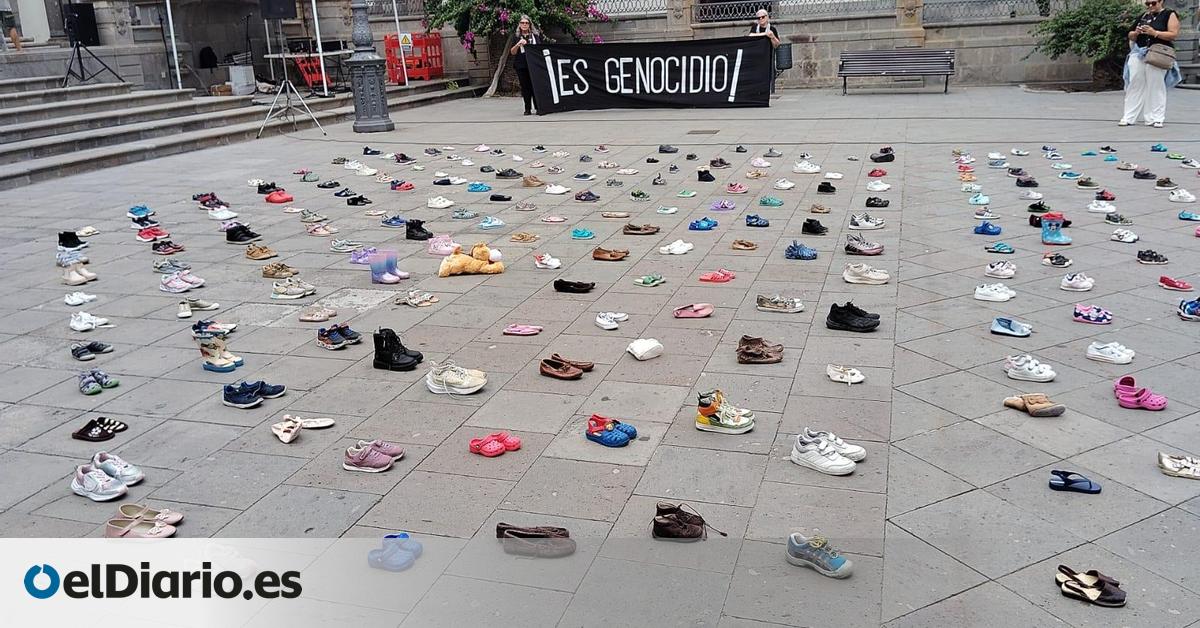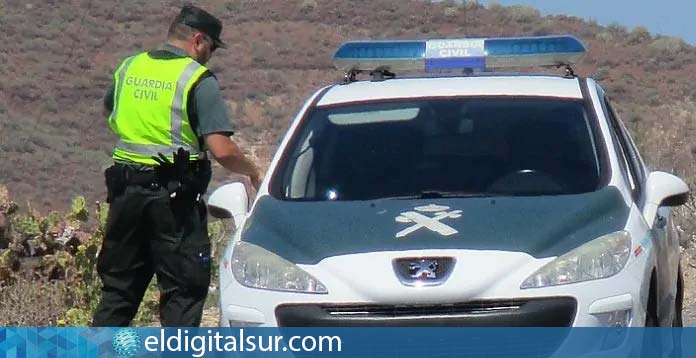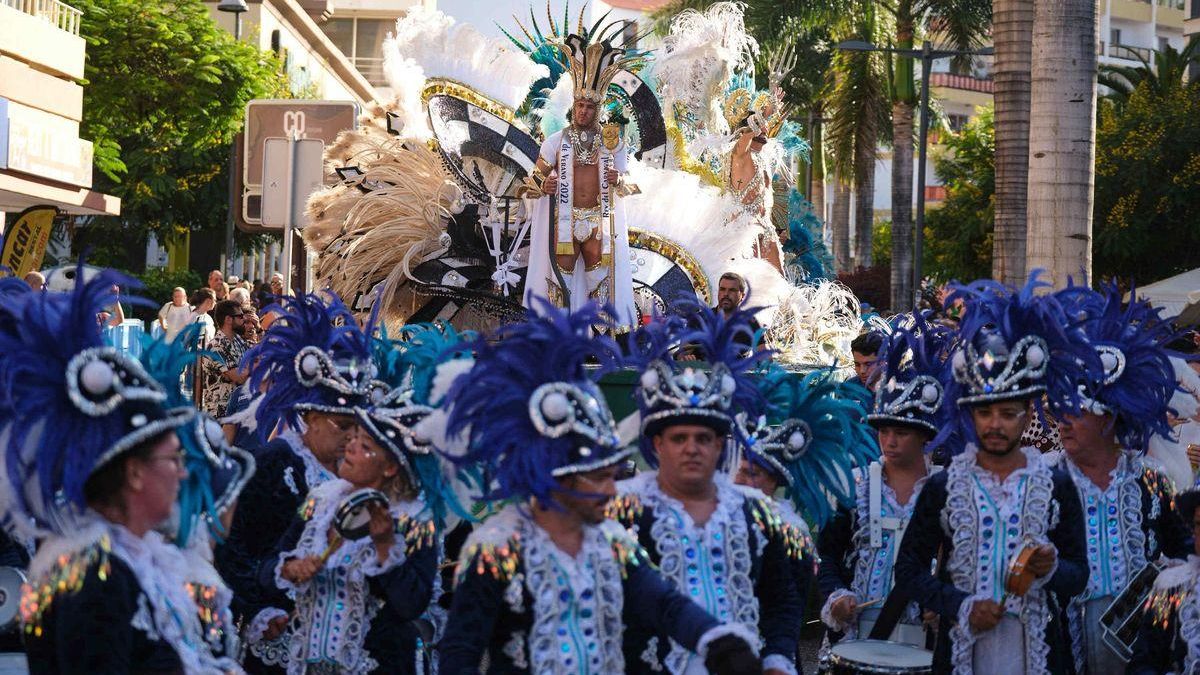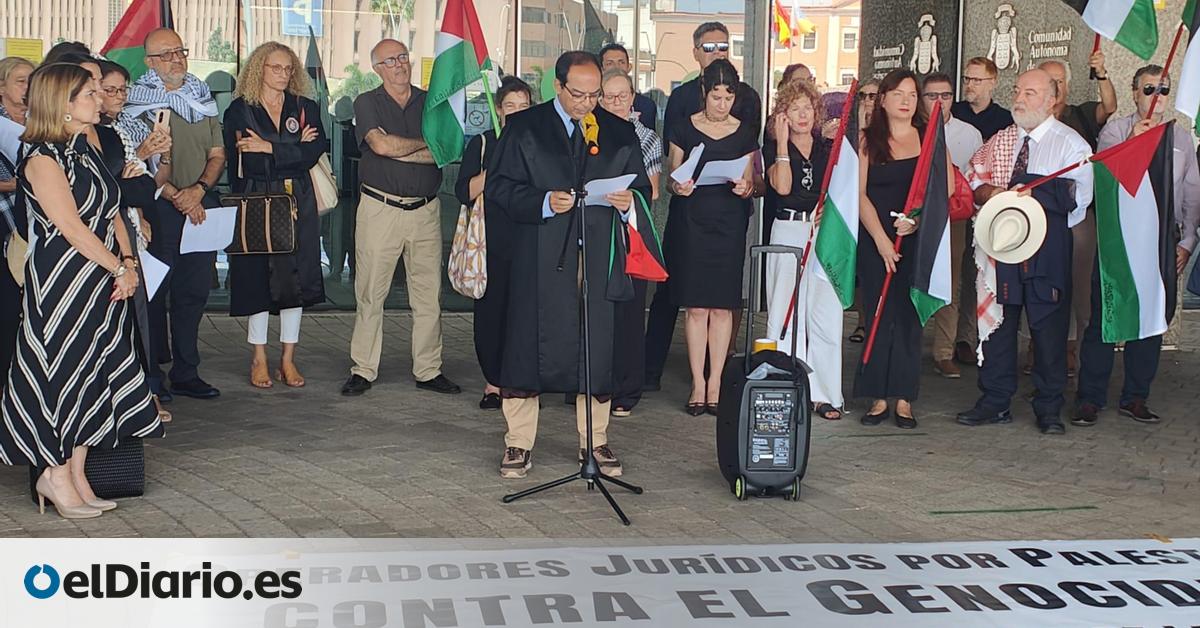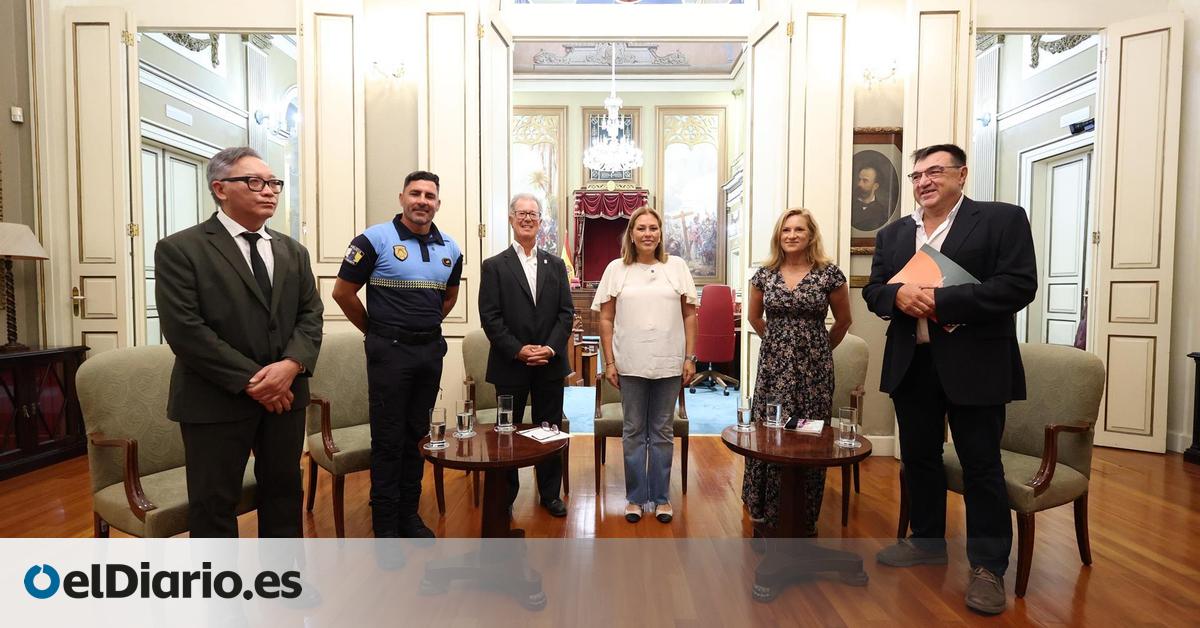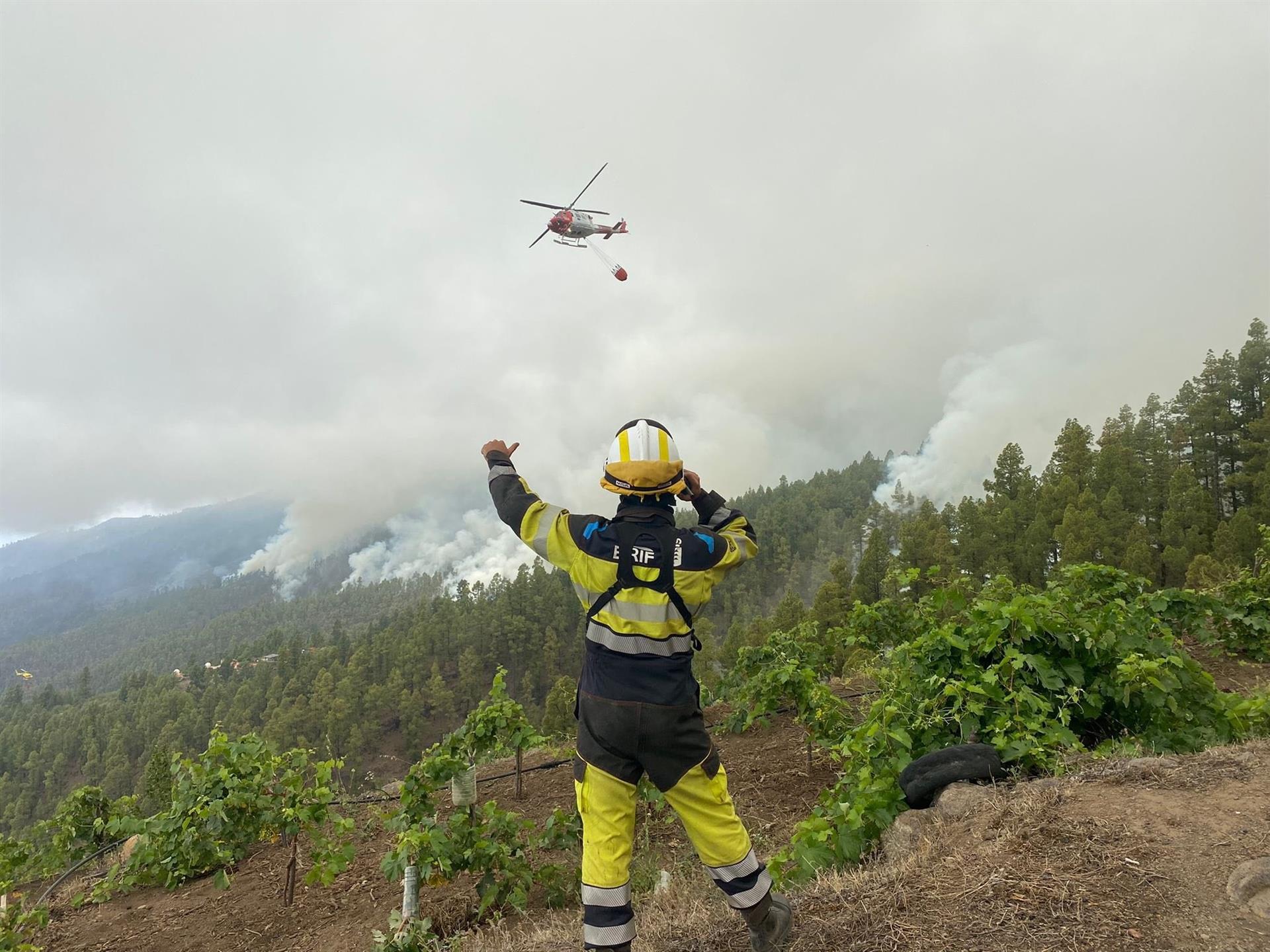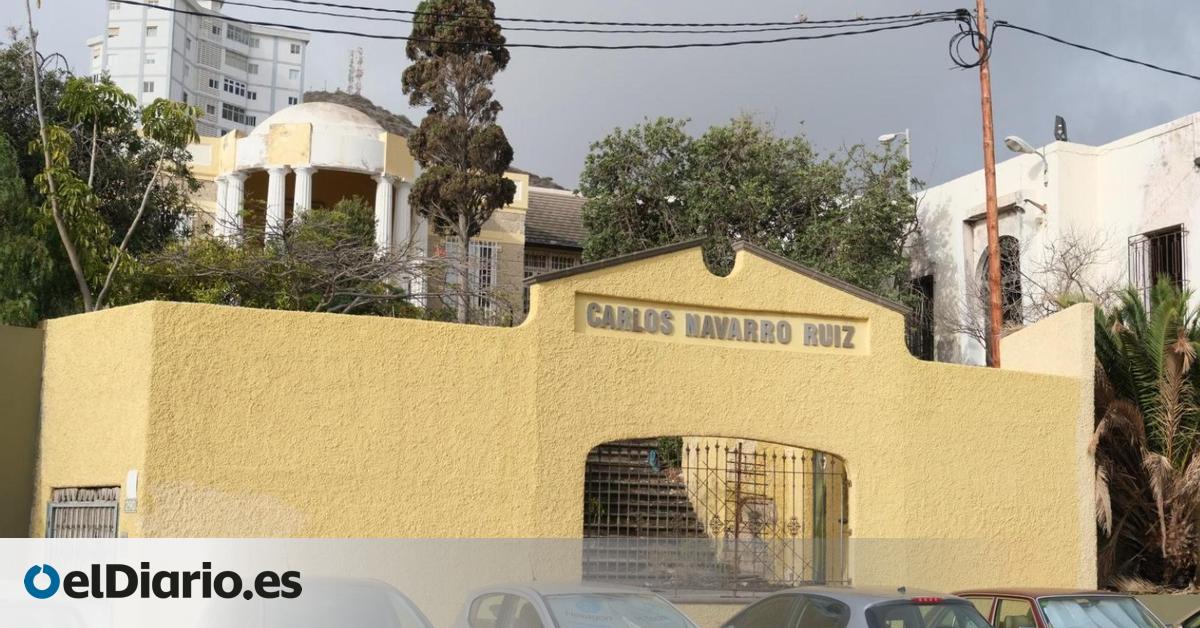Gran Canaria Pays Tribute to Palestinian Children Amid Ongoing Conflict
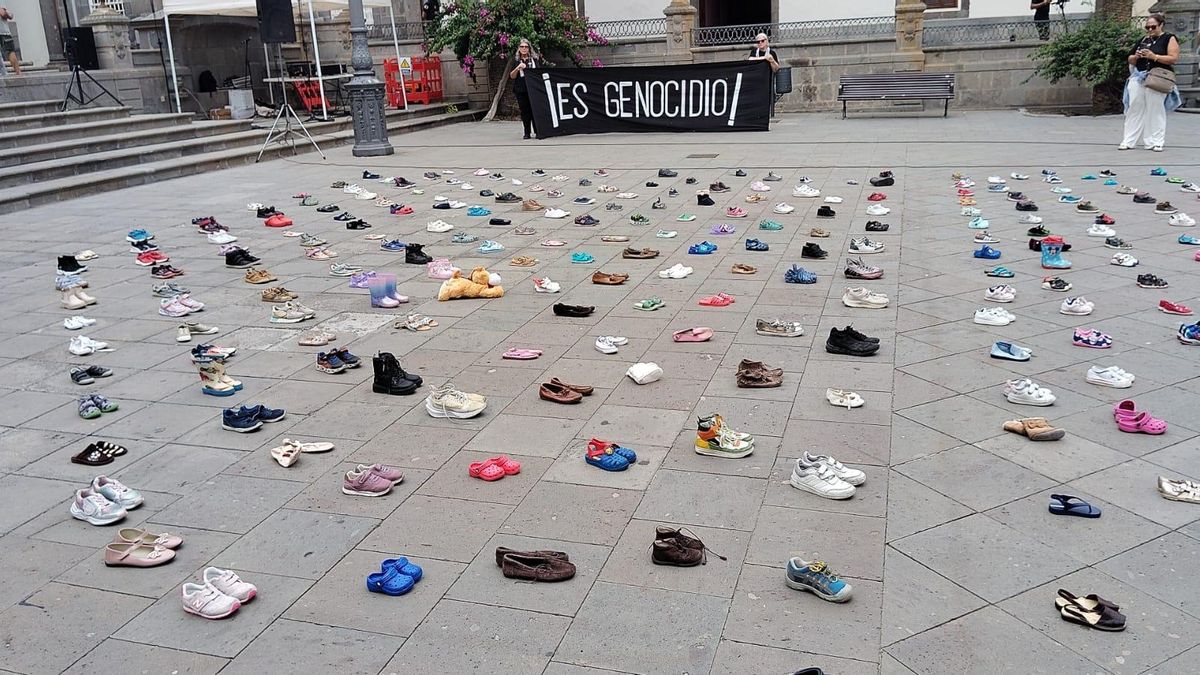
The event, organised by the platform Canarias por Palestina, serves not only as a tribute to the memory of over 20,000 children—some of whom were merely months old—who have been killed by Israel, but also as a reminder in a public and emblematic space that genocide continues. It highlights the ongoing activism that seeks to name these individuals so that they may exist once more, or perpetually.
President of Gran Canaria Announces Conditions on La Vuelta
A kufiya placed on a podium in front of the Santa Ana Square in Las Palmas de Gran Canaria was surrounded by small shoes, a harrowing representation for the uninterrupted recitation of the names and ages of the children killed in Gaza during the Israeli offensive. On Monday evening, about 165 voices from the political, cultural, and social struggle landscape of the island read these names in silent remembrance, akin to a solemn vigil. “Each of these names,” peace activist Koldobi Velasco shared with this paper, “speaks of lives, of tears.”
The event was opened by the president of the Cabildo of Gran Canaria, Antonio Morales, who announced that La Vuelta would not pass through Gran Canaria if Israel participates. He was joined by the mayor of Las Palmas, Carolina Darias, who advocates for such events “to raise awareness that we must remain millions of voices worldwide, ensuring that the barbarity and atrocity being committed against the Palestinian people reach every corner of the globe.” She referred to the Plaza de Santa Ana, usually hosting joyous and hopeful events, as an arena of grief, demanding “peace finally arrives in Gaza and across all parts of the world.”
A Heartbreaking Tribute
“The square has been covered with small shoes belonging to those children who no longer breathe,” described Rosa Halaby, a member of the Canarias por Palestina platform. “They will be remembered here in Las Palmas de Gran Canaria, but also in other cities like Madrid and London, where it will be remembered that what is happening is genocide—nothing more, nothing less,” Halaby asserted. “In reading the 27 names assigned to each speaker, it is hard not to break down as many of these children were not even one year old. They are children who have lost the chance to live, to smile, and to dream, and today we remember them with deep sorrow and utmost respect.”
The reading was initiated by the president of the Cabildo of Gran Canaria and the mayor, alongside Noemí Santana, a Podemos MP for Las Palmas, and Gemma Martínez, a councilwoman from the same party. Carmelo Ramírez, the International Solidarity Councillor of the Cabildo, also read 27 names from the list, as did Lluís Serra, the rector of the University of Las Palmas de Gran Canaria.
Judicial representatives from the Canary Islands, such as magistrate and former government delegate against gender violence, Victoria Rosell, and lawyer Isabel Saavedra Domenech, participated in the reading. Media representatives like Victorio Pérez Moreno and Canarias Ahora director Carlos Sosa also took turns. In a cultural representation, singer Said Muti read aloud in front of the cathedral during this non-stop memorial that carries on, as there are more children killed by Israel than minutes in an afternoon. Sources from the groups reported that 5,000 names of the “20,000 children murdered” could be read in eight hours.
The Scope of Tragedy
More than 20,000 children have died in the Gaza Strip amid the ongoing Israeli military offensive, according to recently updated data from international agencies such as UNICEF and UNRWA. Of these, more than 1,000 were infants under one year old. Furthermore, events like this highlight the alarming frequency of child deaths—over one every ten minutes—and accuse the international community of inaction in the face of what the organisers term “genocide broadcast live, in the astonishment, anger, tears, and helplessness of the entire world, and the inaction of every one of its rulers.”
Accompanying the mass infanticide data are figures on the orphans created by genocide, widespread famine, and psychological trauma, leading to severe and irreversible consequences for an entire generation of Palestinian children. According to UNICEF data, insecurity and destruction have delayed education for an entire generation by potentially up to five years.
A War of Hunger and Thirst
According to information compiled in the region by UNRWA, the entire Gaza Strip faces a growing crisis of malnutrition, with over 320,000 children under five at risk of acute malnutrition and thousands already suffering from severe acute malnutrition, the deadliest form. The collapse of health and nutrition services, shortages of drinking water, lack of breast milk and therapeutic feeding, along with the blockade and difficulties with humanitarian access, worsen the crisis across all regions.
Since March 2, Israel has imposed a near-total blockade on Gaza. All entrances have been sealed, preventing the entry of supplies, both commercial and humanitarian, including milk and infant formula. As a result, famine is overtaking 100% of the population in the Strip.
On August 22, a new analysis from the Integrated Food Security Classification (IPC)—a United Nations-backed system assessing global food security—formally declared famine in the city of Gaza and surrounding areas. This marks the first time in the Middle East that the necessary criteria for declaration have been met: extreme food scarcity, high levels of acute malnutrition, and daily deaths from starvation.
In statements to Televisión Canaria, Antonia Alí, also a member of the Canarias por Palestina platform, asserts that we are witnessing not only the use of hunger as a weapon of war but also thirst. “A war of hunger and a war of water that has already destroyed all educational buildings and hospitals and basic services. We do not know how one can survive under these conditions; without water, without light, and with no place to hide,” she concluded.


